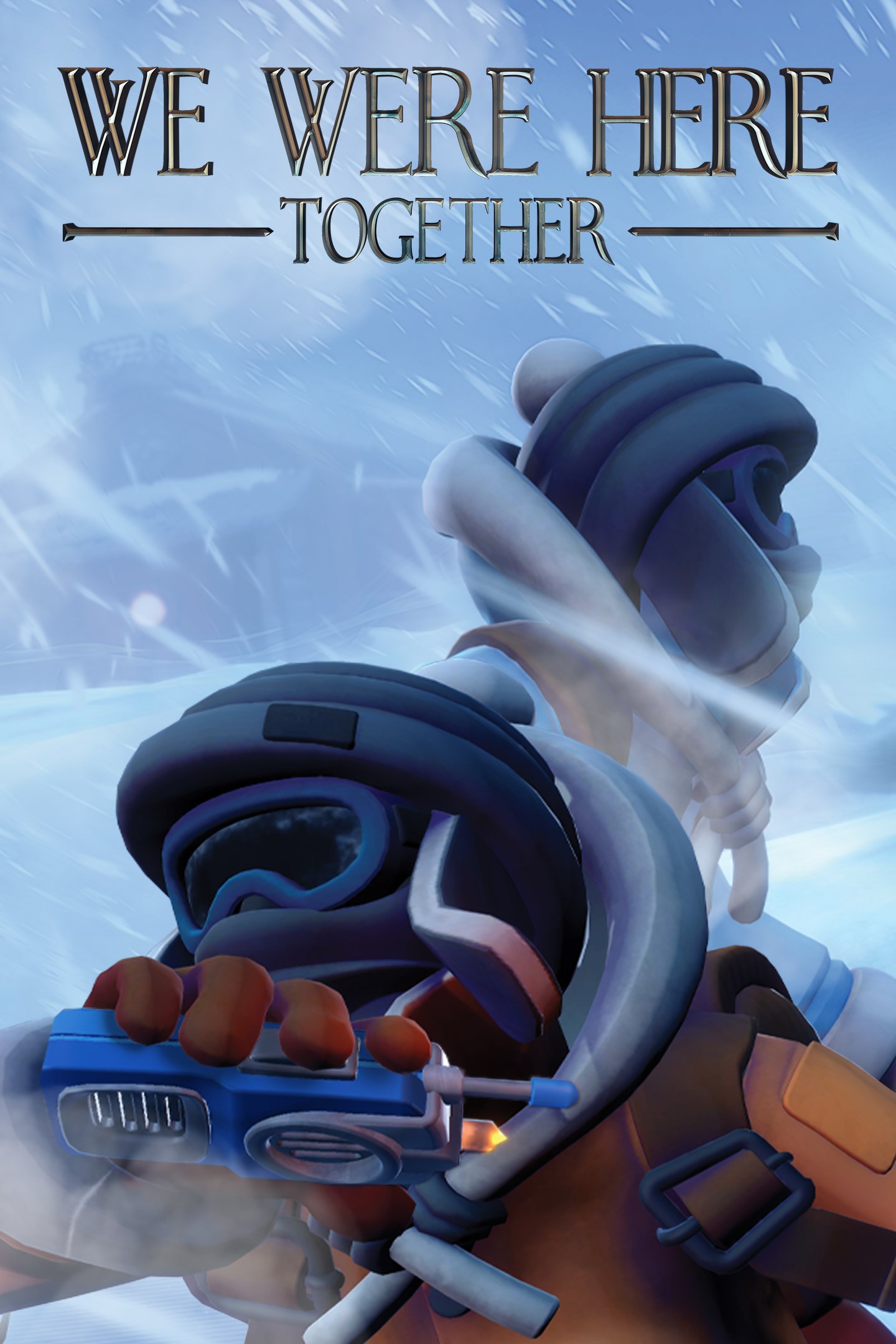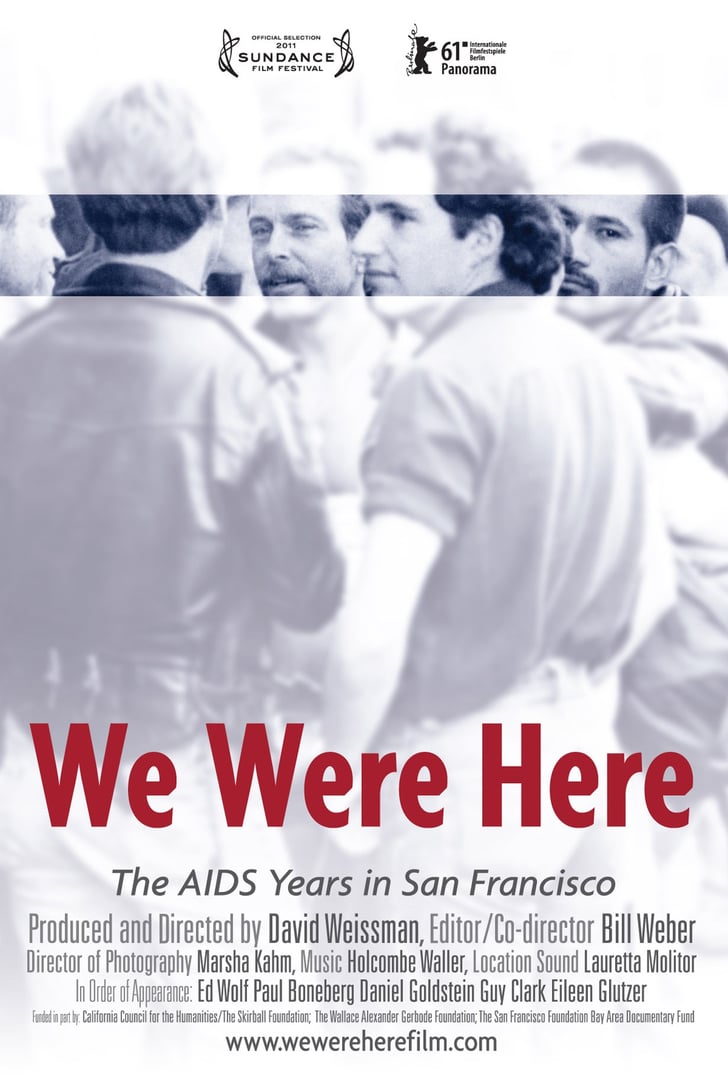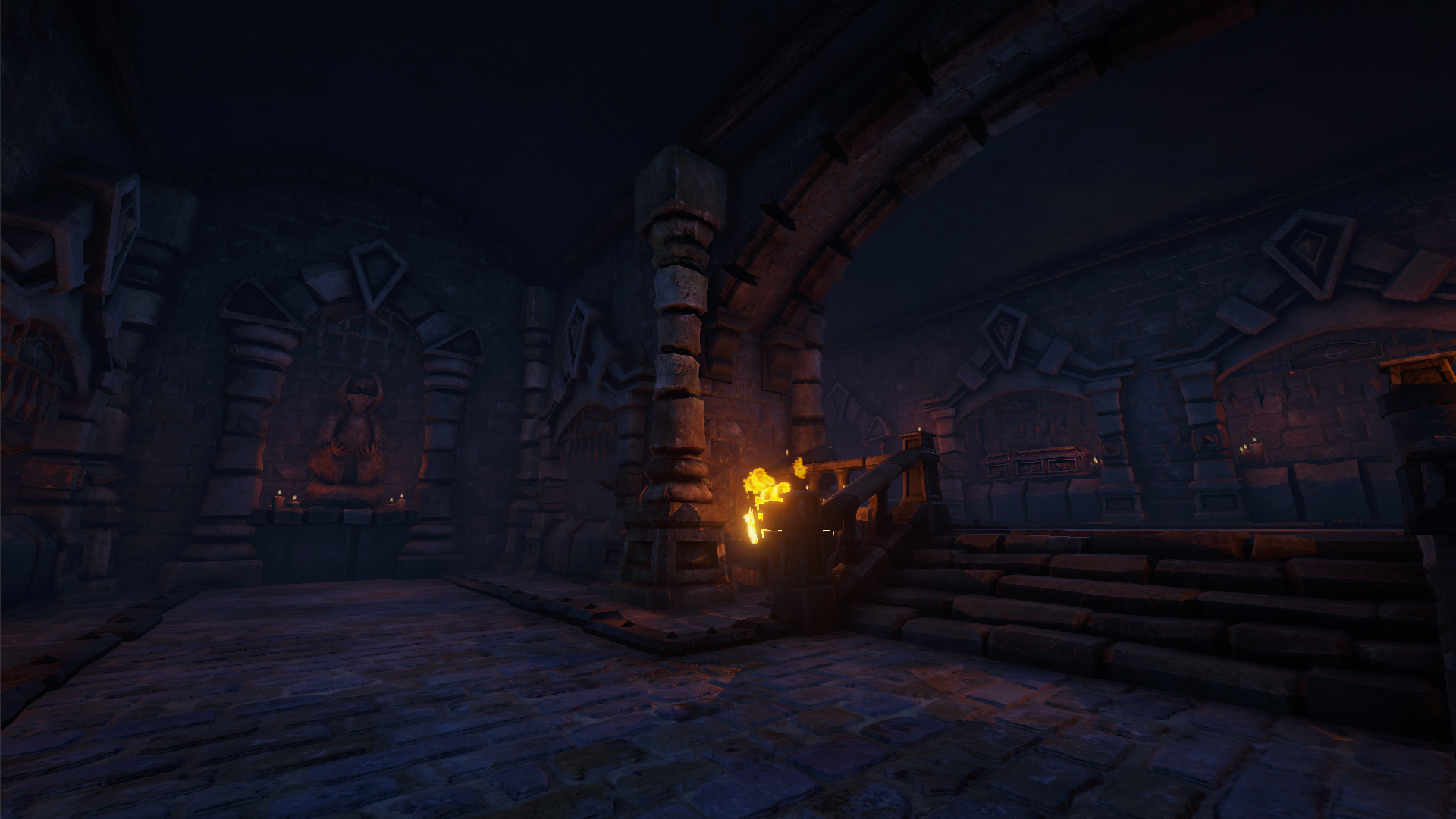We Were Here is the free pilot episode in a series of cooperative standalone puzzle adventures. Two players are trapped inside an abandoned castle, with Player One confined to a small secluded part of the castle as Player Two roams the halls trying to find Player One. We Were Here is the free pilot episode in a series of cooperative standalone puzzle adventures. Two players are trapped inside an abandoned castle, with Player One confined to a small secluded part of the castle as Player Two roams the halls trying to find Player One. The We Were Here Series is a collection of online first person cooperative puzzle adventure games. You and a partner must work together to solve puzzles, often while split up. You'll have to talk to each other to figure out solutions together. The We Were Here series consists of three games; We Were Here, We Were Here Too, and We Were Here Together, and they’ll be available as a bundle on PS4, or to buy separately. Might as well just get the bundle though, right? Managing director at Total Mayhem Games, Lucia de Visser, said: “We’re excited to announce that four million players.

| We Were Here Series | |
|---|---|
| Genre(s) | First-person, puzzle |
| Developer(s) | Total Mayhem Games |
| Publisher(s) | Total Mayhem Games |
| Platform(s) | Steam, Xbox One |
| First release | We Were Here (Steam) February 3, 2017 |
| Latest release | We Were Here Together (Xbox One) June 5, 2020 |
We Were Here Series Bundle Downloads
We Were Here is a franchise of cooperativefirst-personadventurevideo games, created by the Dutch studio Total Mayhem Games.
Premise and gameplay[edit]

The We Were Here games are cooperativefirst-personadventure games with puzzle elements. In each game there are two players who take on a different role. They must work together to solve puzzles, generally while in different rooms and unable to see the other. Each player has a walkie-talkie to communicate with the other, which is what allows them to solve the puzzles they face.[1] The original We Were Here was first released on PC on February 3, 2017, with the sequel We Were Here Too releasing on February 2, 2018. An Xbox One version of We Were Here released in September 2019, and We Were Here Too for Xbox One was released on October 2, 2019. The third game We Were Here Together was released on PC on October 10, 2019, and Xbox One on June 5, 2020.[2][3][4][5]
A PlayStation 4 release of the series was announced on September 24, 2020. The release date has not been announced.[6]
History[edit]
| 2017 | We Were Here |
|---|---|
| 2018 | We Were Here Too |
| 2019 | We Were Here (Xbox One release) |
| We Were Here Too (Xbox One release) | |
| We Were Here Together | |
| 2020 | We Were Here Together (Xbox One release) |
The first We Were Here was developed by Dutch studio Total Mayhem Games as part of a student project while studying at the Rotterdam University of Applied Sciences. It was a student entrant for the Independent Games Festival 2018, and won the Best Indie Game Award in 2017 at the Indigo showcase in the Netherlands.[7] It was released for free on Steam in February 2017, and later on Xbox One in September 2019.[8][1][2][3]
We Were Here Series Bundle Download Free
We Were Here (2017)[edit]
We Were Here is a cooperative first-person puzzle video game developed by Total Mayhem Games from The Netherlands, released for free on February 3, 2017 on Steam for PC. Two players take the role of Antarctic explorers who have become split up in an old castle, called Castle Rock. They must solve puzzles by communicating via walkie-talkies.[8][9] It was released on Xbox One on September 16, 2019, and was featured in Xbox Games with Gold for September 2019.[2][3][10][4]
We Were Here Too (2018)[edit]
We Were Here Too was the first commercial release by Total Mayhem Games. The gameplay is similar to the original We Were Here, with two players who are split up and must solve puzzles by communicating via walkie-talkie. The game was released on February 2, 2018 on Steam for PC, and on October 2, 2019 for Xbox One.[1][9][11][4]
We Were Here Together (2019)[edit]
We Were Here Together was released on October 10, 2019 on Steam for PC, and on June 5, 2020 for Xbox One.[12] In a twist on the series' usual gameplay, players spend some of the game in the same area together, where they can both visit the same locations. There are new locations including the base camp where their expedition began, ice caves, and Antarctic outdoors. Working together is still required to progress.[13][14][15]

Release and reception[edit]
| Release | Title | Platforms | Metacritic | Developer |
|---|---|---|---|---|
| 2017 | We Were Here | Steam | tbd[16] | Total Mayhem Games |
| 2018 | We Were Here Too | Steam | 69/100[17] | Total Mayhem Games |
| 2019 | We Were Here Together | Steam | 78/100[18] | Total Mayhem Games |
Reception[edit]
We Were Here Series Bundle Download Torrent
We Were Here was released for free, and does not have enough reviews for a Metacritic rating. On Steam, user reviews are 92% positive, out of 9,859 reviews. In their review of We Were Here Too, Adventure Gamers described the first game as noble, saying that 'though bite-sized, it offered a neat concept and was well received'.[16][19][20]
We Were Here Too received review scores between 60 and 75, with outlets largely praising the puzzles and core gameplay, but noting that the game was fairly short. Adventure Gamers found that 'solving puzzles co-operatively is very satisfying', but criticized the game for being short and lacking detailed story. Vgames praised the puzzles and atmosphere, but also found it short and lacking replay value. PLAY! Zine described the puzzles and communication gameplay as strong points, but criticized the story and some technical issues.[20][21][22]


We Were Here Together received more positive review scores than We Were Here Too, ranging from 70 to 85. The puzzles and core gameplay were well received, and critics appreciated the game being longer than its predecessors. However, the narrative part of the game was largely seen as underwhelming or distracting. Adventure Gamers praised the puzzles and communication gameplay, while encountering some technical issues and finding the story unclear. Game Watcher described it as 'a must-play for fans of both co-op adventures and challenging puzzles', while also noting some technical issues. Games.cz called it 'by far, the best installment of the whole series' but noted 'It’s just a shame that the story is so weak it’s barely even there.' [23][24][25]
References[edit]
- ^ abc'We Were Here Too is a co-op escape game that aims to keeps the players apart'. PC Gamer. Retrieved February 5, 2019.
- ^ abc'The We Were Here series is coming to Xbox One!'. The Xbox Hub. Retrieved May 7, 2019.
- ^ abc'The We Were Here Series is Headed to Xbox One'. GameSpew. Retrieved May 7, 2019.
- ^ abc'We Were Here debuts for free on Xbox One thanks to Games With Gold as We Were Here Too gets release date'. The Xbox Hub. Retrieved September 16, 2019.
- ^'We Were Here Together Is Now Available For Digital Pre-order And Pre-download On Xbox One'. majornelson.com. Retrieved May 22, 2020.
- ^'The We Were Here Series puzzles its way to PlayStation!'. gamasutra.com. Retrieved September 24, 2020.
- ^'We Were Here IGF'. Independent Games Festival. Retrieved February 5, 2019.
- ^ ab'Co-op puzzler We Were Here released free'. Rock, Paper, Shotgun. Retrieved February 5, 2019.
- ^ ab'We Were Here + We Were Here Too'. theco-opcouch.com. Retrieved May 7, 2019.
- ^'New Games with Gold for September 2019e'. Xbox Wire. Retrieved September 6, 2019.
- ^'We Were Here Together Aangekondigd'. IGN Benelux. Retrieved August 2, 2019.
- ^'We Were Here Together launches with some chilling cooperative brainteasers'. Rock, Paper, Shotgun. Retrieved October 23, 2019.
- ^'We Were Here Together makes the co-op puzzler series a trilogy next year'. Rock, Paper, Shotgun. Retrieved May 7, 2019.
- ^'We Were Here Together'. Gamereactor. Retrieved August 2, 2019.
- ^'We Were Here Together - In diesem Koop-Adventure müsst ihr miteinander reden, um zu überleben'. GameStar. Retrieved August 2, 2019.
- ^ ab'We Were Here Metacritic for PC'. Metacritic. Retrieved February 5, 2019.
- ^'We Were Here Too Metacritic for PC'. Metacritic. Retrieved February 5, 2019.
- ^'We Were Here Together Metacritic for PC'. Metacritic. Retrieved October 23, 2019.
- ^'We Were Here Steam Store Page'. Steam. Retrieved August 2, 2019.
- ^ ab'We Were Here Too'. Adventure Gamers. Retrieved August 1, 2019.
- ^'We Were Here Too - ביקורת'. Vgames. Retrieved August 1, 2019.
- ^'REVIEW: We Were Here Too'. PLAY! Zine. Retrieved August 1, 2019.
- ^'We Were Here Together - ביקורת'. Adventure Gamers. Retrieved May 22, 2020.
- ^'IS WE WERE HERE TOGETHER THE BEST PUZZLER OF 2019?'. Game Watcher. Retrieved May 22, 2020.
- ^'We Were Here Together – recenze jedinečného koopu'. Games.cz. Retrieved May 22, 2020.
External links[edit]
